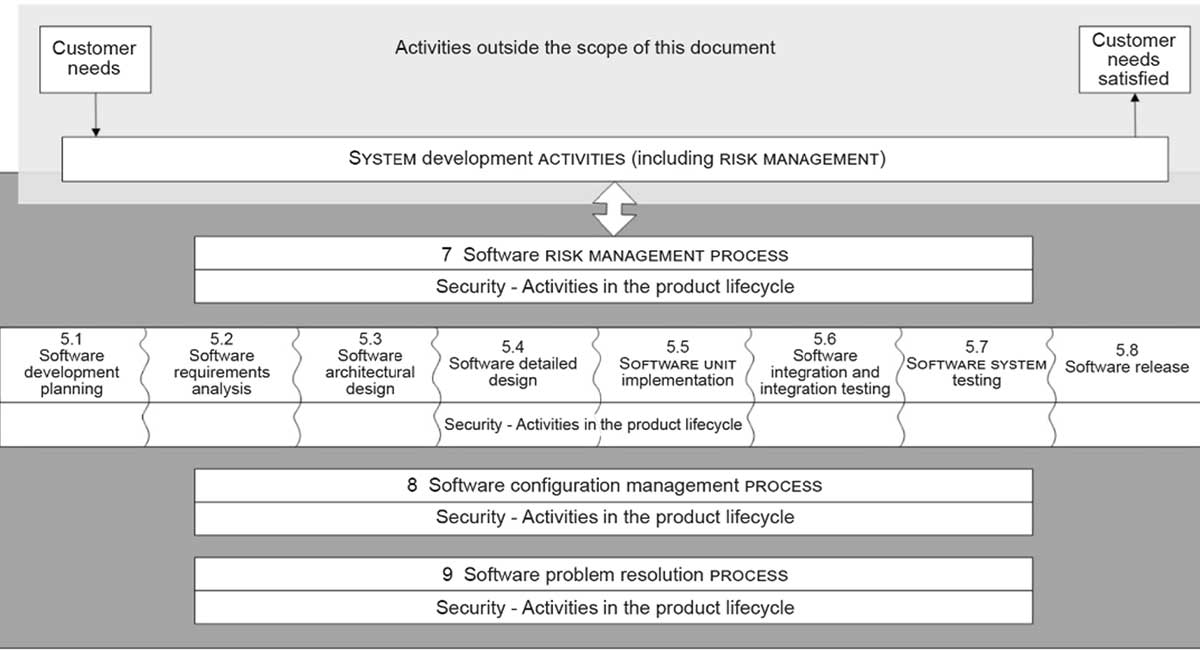In a nutshell, the ability to ensure server security, variety of geographical locations, the reputation of the infrastructure services provider, and minimal down-time is what VPNs are looking for when setting up points of presence.
The growing popularity of VPN services is reflected in the statistics of its market. The global VPN market is estimated to reach $2.77bn this year and will continue growing at a CAGR of 22% through 2026 to reach $8.78bn. When it comes to regional usage of VPN services, Asia Pacific tops the list with owning 30% share of global users, followed by Latin America with 23% and North America with 17%.
Privacy is paramount for the VPN users, and VPN providers make it a top priority to ensure their server locations are meeting the highest standards in this respect, said Vincentas Grinius, CEO of Heficed, an IP address, cloud, and bare metal solutions provider working with VPNs:
“The VPN business is all about trust and data protection. Based on our experience working with VPNs, they pay extra attention to how their servers are stored and secured. A data breach or leak would have devastating consequences for any VPN provider. To minimise the risks, VPNs tend to diversify their server pool among several reputable server vendors, but reputation and ability to provide top-class security is a standard that is never compromised,“ commented Grinius.
There are numerous reasons why people opt to use VPN: some use it to protect their online privacy, while others do it to bypass censorship or to access content not available in their region.
Alternatively, people use VPN to avoid excessive targeted advertising or to play video games without regional restrictions. Whichever the case, all users of VPN want to take control of their privacy and security without losing their internet speed, making it a priority for every VPN service when setting up their locations.
“The network of VPN‘s servers must be widespread yet not too distant from their user base. Farther locations translate to higher latency, which means poorer connection for the user. No VPN user wants to spend extra time waiting for data, and VPNs are certainly prioritising that. Reliable traffic speed, of course, is another parameter the infrastructure providers must ensure,“ elaborated Grinius.
Finally, a VPN must be available around the clock for the service to be considered reliable. Down-time and shaky connection are unwanted, and with such a competitive market space, users can instantly switch their provider.
“VPNs are extremely precautious about their server uptime because every disturbance in server availability makes it impossible for users to connect via that particular region. Bigger providers have several servers running in the same area simultaneously, but even that might not absorb the effect of server down-time. Additionally, every VPN needs a reliable source of IP addresses, as only a limited amount of users can use a single address at the same time. Some IPs get flagged if users engage in malicious activities, making them unusable in the future,“ finished Grinius.















